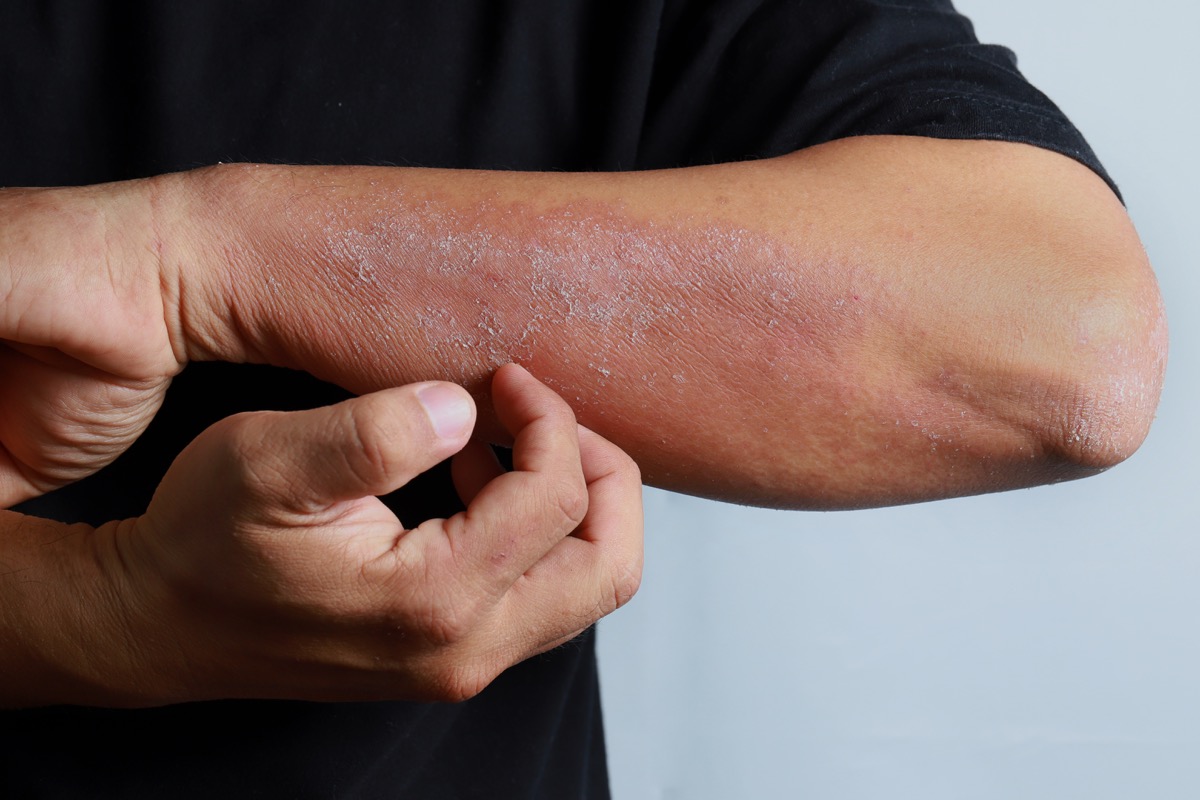“Yes, you can use too much [moisturizer],” skincare producer Garnier says. “Facial moisturizers are designed to be concentrated, and applying more of a moisturizer doesn’t cause better skin results—sometimes it can even do the opposite.” Your skin knows to produce a certain amount of moisture on its own. However, “if you over-moisturize, overtime, it will make your skin want to produce less moisture on its own,” says esthetician Nidah Barber-Raymond, owner of The Peel Connection in Beverly Hills. “Overdoing it will send a message to your skin that it has enough hydration, proteins, and lipids and that it can slow down the production of these vital skin nutrients,” Barber-Raymond says. So, how much is the right amount of moisturizer to use? Barber-Raymond suggests using a “nickel size amount of moisturizer one to two times per day depending on your needs.” Wondering if you’re moisturizing your skin too much? Here are the key signs to look out for and to learn about other missteps you should avoid, check out the Skincare Mistakes That Are Aging Your Skin, According to Experts. “When over-moisturizing, the repair process becomes stressed, and skin health declines,” says scientist, skincare formulator, and skin expert Cheryl Woodman. The deterioration of your skin health can manifest in many ways, including “dry skin, flaky skin, irritation, rash, and redness.” To keep your skin healthy through the cold season, check out these Expert-Backed Tricks for Glowing Skin in the Dead of Winter. It might sound ironic, but dehydration and dryness are the most common symptoms of over-moisturizing, according to Woodman. She says over-moisturizing can cause your skin to enter a state of plasticization, “which means the skin is no longer able to form an effective skin barrier.” The most common sign of plasticization is “continual dehydration and dryness, no matter how much moisturizer is being used.” And for more useful information delivered straight to your inbox, sign up for our daily newsletter. Depending on your skin type, over-moisturizing can cause “existing skin conditions to flare, for example, acne or eczema,” says Woodman. And for more advice on taking care of your body, know that You’re Forgetting to Wash This Body Part Every Time You Shower.ae0fcc31ae342fd3a1346ebb1f342fcb Kaleroy Papantoniou, MD, of Simply Dermatology told Glamour that one of the most immediate signs of over-hydration is clogged pores. “The extra hydration on the skin and lack of evaporation can lead to a residue buildup on the skin, which can result in clogged pores,” she says. And for more advice on taking care of your skin, find out How Often You Should Really Be Washing Your Face, Doctors Say.



